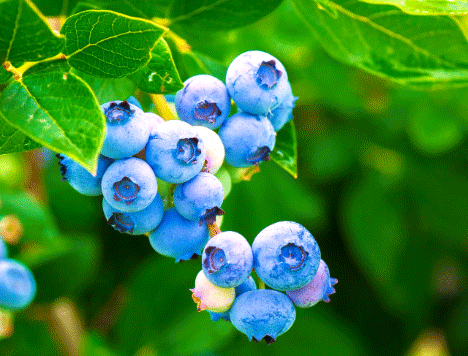As Peru continues to strengthen its position as a leading global exporter of blueberries, ensuring the health and safety of imported plant material has become a top priority. In response to growing concerns over the introduction of foreign pests and diseases, Peru’s National Agricultural Health Service (Senasa) has issued new phytosanitary regulations for the importation of blueberry plants from Spain.
These new requirements include obtaining a phytosanitary import permit from Senasa, ensuring that the imported plants come from an authorized nursery in Spain, and certifying that the plants are free from specific pests and viruses. This measure aims to protect Peru’s rapidly expanding blueberry industry from potential threats posed by non-native pathogens and pests.
Upon arrival in Peru, the imported plants will be subject to thorough inspection, including sample testing to ensure compliance with health standards. Additionally, the plants will undergo a mandatory 16-month quarantine period, during which they will be monitored closely. During this quarantine, the plants will be regularly inspected to detect any signs of pests or diseases. If the plants meet all health standards after this period, they will be cleared for use in Peruvian agriculture.
Peru’s blueberry sector has seen significant growth in recent years, with the country becoming one of the largest exporters of the fruit globally. The implementation of these regulations highlights the importance of maintaining high phytosanitary standards to protect local agriculture from external biological threats. Senasa’s decision to require such strict measures is driven by the need to maintain the productivity and health of the blueberry industry, which has become a vital part of Peru’s agricultural economy.
Spain, a key source of high-quality blueberry plants, will need to ensure that its nurseries comply with these new regulations. This includes ensuring that the plants are grown under conditions that prevent contamination from pests or diseases. For Peruvian importers, the process of importing blueberry plants will become more rigorous but ultimately beneficial for protecting local crops.
The introduction of these stringent phytosanitary measures for blueberry plant imports from Spain is a critical step for Peru in safeguarding its agricultural sector. The 16-month quarantine and comprehensive health checks ensure that only healthy, pest-free plants are introduced into the country, protecting Peru’s booming blueberry industry. This approach exemplifies the importance of biosecurity in modern agriculture, ensuring the long-term sustainability of crop production.































